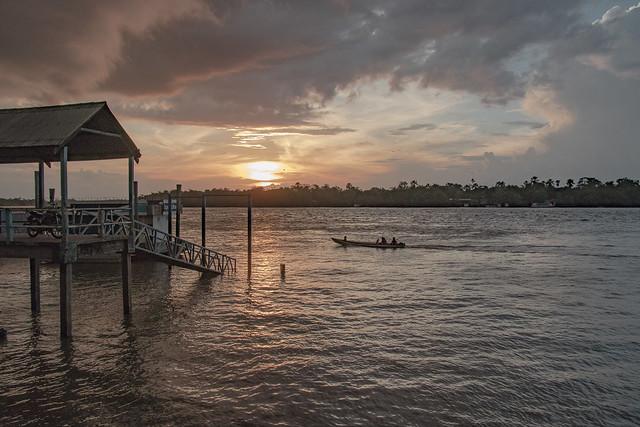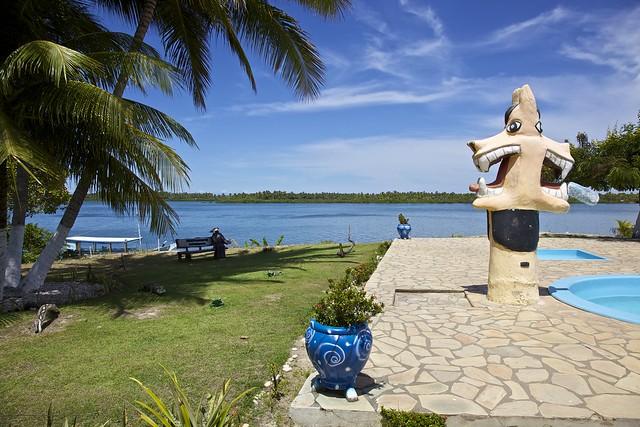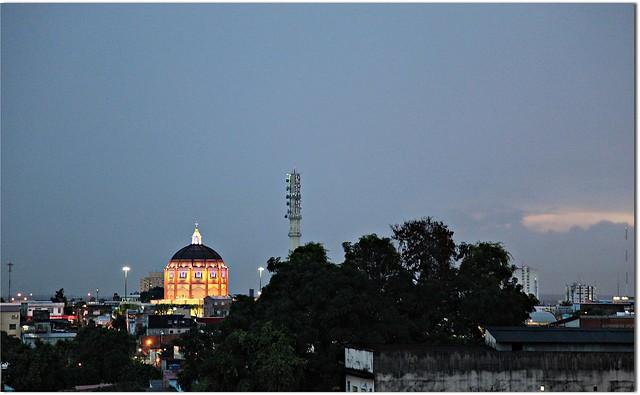
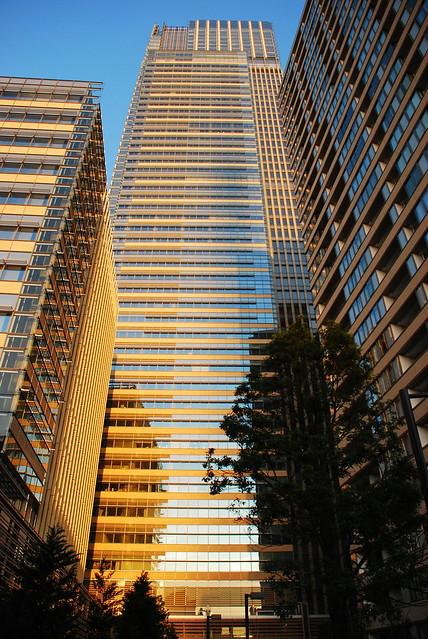
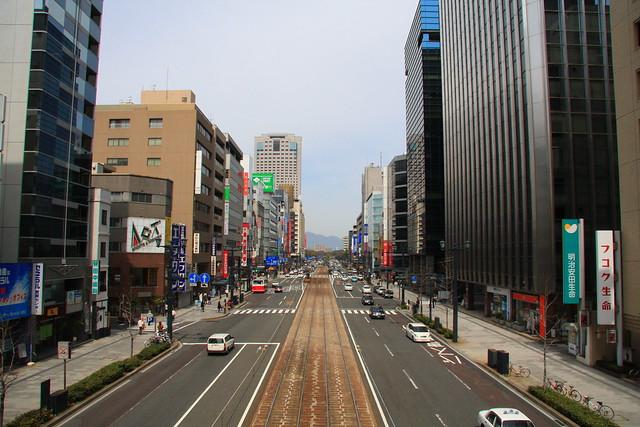
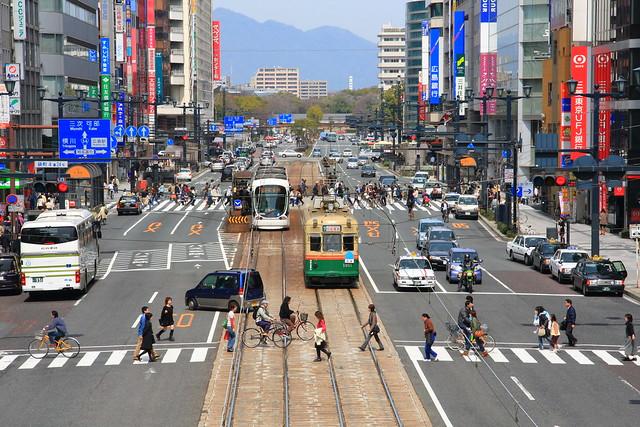
Fátima do Sul
Overview
Overview of Fátima do Sul
Nestled in the heart of Brazil's vibrant Mato Grosso do Sul state, Fátima do Sul is a charming city that offers a unique blend of natural beauty, rich culture, and historical significance. Founded in 1953, the city is relatively young compared to other destinations in Brazil, yet it has developed a distinct identity shaped by its agricultural roots and the warm hospitality of its residents. The atmosphere here is tranquil, making it an ideal spot for travelers seeking an authentic Brazilian experience away from the hustle and bustle of larger urban centers.
Cultural Heritage
The culture of Fátima do Sul is a tapestry woven from the diverse backgrounds of its inhabitants, which include descendants of European immigrants, indigenous peoples, and Afro-Brazilian communities. This diversity is reflected in the local cuisine, festivals, and daily life. Visitors can savor traditional dishes such as “feijão tropeiro” (a hearty bean dish) and “pamonha” (a corn-based treat), often enjoyed during local celebrations. The city hosts vibrant festivals throughout the year, including religious events that highlight its strong Catholic roots, particularly the Feast of Our Lady of Fatima, after which the city is named.
Natural Attractions
Surrounded by lush landscapes, Fátima do Sul is a gateway to the stunning natural wonders of Mato Grosso do Sul. The nearby “Parque Nacional da Serra da Bodoquena” offers breathtaking scenery, including waterfalls and rich biodiversity, perfect for hiking and eco-tourism. The region is also known for its extensive agricultural lands, producing a variety of crops, which contributes to the local economy and showcases the importance of agribusiness in the area. Adventurous travelers can engage in outdoor activities like fishing, birdwatching, and exploring the beautiful rivers that flow through the region.
Historical Significance
Fátima do Sul’s history is closely tied to the development of agriculture in the region, which began in earnest in the mid-20th century. The city emerged as a vital hub for farming and livestock, with many families establishing roots here. Historical landmarks, such as the local church and town square, serve as reminders of the city's evolution and the community's commitment to preserving its heritage. Walking through the streets, travelers can appreciate the blend of modernity and tradition, with shops and markets offering locally produced goods and crafts.
Local Characteristics
The vibe in Fátima do Sul is distinctly laid-back, characterized by friendly locals who are eager to share their stories and traditions. The city is not only a place to witness Brazilian culture but also a community where visitors can feel at home. Local markets bustle with activity, featuring fresh produce, artisanal products, and handcrafted souvenirs, making it an excellent opportunity for travelers to immerse themselves in the local lifestyle. Additionally, the city’s strategic location makes it a convenient base for exploring other nearby attractions in Mato Grosso do Sul, such as the Pantanal wetlands—one of the world's most biodiverse areas.
Fátima do Sul is a hidden gem that invites travelers to experience the heart of Brazil in a unique setting. Its rich cultural tapestry, welcoming atmosphere, and stunning natural surroundings make it a noteworthy destination for anyone looking to explore the less-traveled paths of this vibrant country.
Other towns or cities you may like in Brazil
Explore other cities that share similar charm and attractions.




